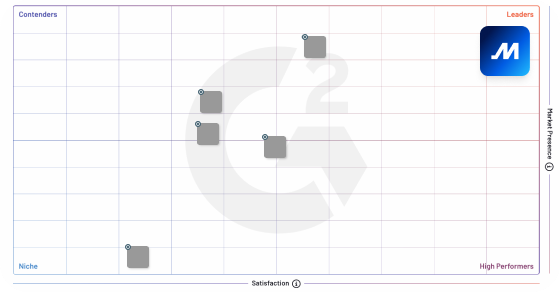What is a company vehicle GPS tracking policy?
Most commercial fleet management companies implement a company vehicle GPS tracking policy so they know where each vehicle is and have access to other real-time data, which helps to improve and streamline fleet management operations.
Why do companies implement a company vehicle GPS tracking policy?
Operational improvements
Adopting a company vehicle GPS tracking policy will allow you to have access to information essential to operational improvements. Information like:
- Whether or not you’re properly resources
- How much are you’re paying in tolls and violations
- Where all equipment is at all times
- Whether vehicles or equipment are active or idle
Fuel efficiency
Improving fuel efficiency is always good for a fleet management company’s bottom line. As fuel consumption is one of the most significant expenses for fleet management companies, making improvements in fuel efficiency will automatically mean improvements to profitability.
Using GPS tracking technology for fleets helps companies optimize routes and use fuel in the most efficient way possible.
Reducing driver detention time
In addition to improving operational efficiency overall, implementing a company vehicle GPS policy is extremely useful in reducing driver detention time. Monitoring the real-time location of each vehicle in your fleet will give you a better idea of driver ETA so drivers can communicate this with shippers and receivers ahead of time.
This advanced notice helps to reduce unnecessary driver detention time, which cuts into productivity.
Better customer service through geofencing
In any industry which serves customers, great customer service means a more successful business with more longevity. When fleet management companies combine GPS tracking technology with geofencing technology, they can provide real-time information on when a shipment has left or arrived at a specific location that has been geofenced.
Data to inform business decisions
Large organizations need access to real-time information to make data-driven business decisions. By utilizing the data enterprise GPS tracking, companies gain valuable information like the average amount of time it takes for drivers to complete routes and the ability to find alternate routes for drivers if they need to.
Increased productivity
Preventing vehicle operation issues before they happen is critical for increasing vehicle productivity in fleet management companies. Organizations can lower maintenance costs and improve vehicle efficiency by adopting a company vehicle GPS policy.
GPS tracking devices on vehicles send alerts when performance or maintenance issues arise, which lets companies know how healthy their vehicles are. Getting ahead of vehicle maintenance issues helps companies reduce repair costs and increase the amount of driving time each vehicle gets.



